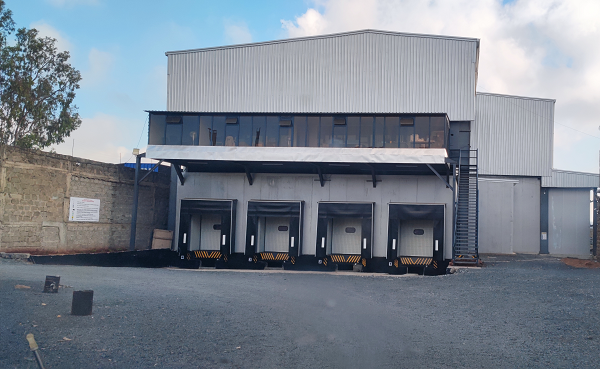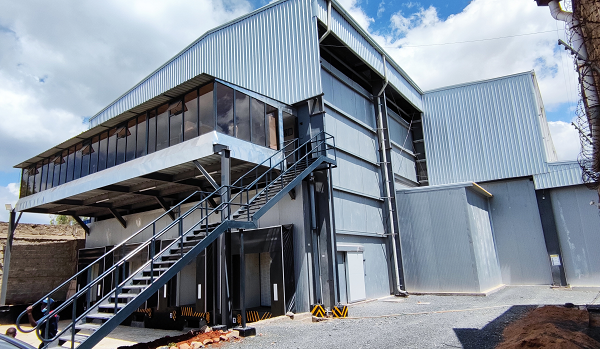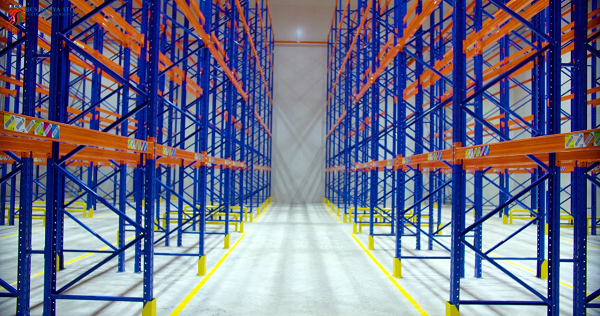In 2016, BCS Coldstore & Logistics' Wilco Hendriks decided to take the leap from the Netherlands to Kenya to set up a cold store: BCS Kenya Ltd (BCSK). "The main difference between there and Europe is that Kenya doesn't yet have many dedicated laws and regulations regarding refrigeration and the cold chain," he begins. Thus, BCSK - built to European standards - primarily aims at international companies engaged in import and export or local distribution.

For example, BCSK works with KFC, as well as the fresh fruits and vegetable importer that supplies Carrefour branches in Kenya. "We want to establish partnerships with parties with needs and requirements we can meet that other service providers cannot. From there, our name and reputation can convince smaller parties that using BCSK is the right thing to do. Because, ultimately, it's about guaranteeing healthy food."
Convincing
Wilco says the Kenyan government is also taking steps in this regard. It recently issued legislation stating that the cold chain for all consumer perishable goods that reach supermarkets must remain intact. An important aspect, Wilco notes, because the lack of a proper cold chain creates problems. "Food waste and food safety are huge challenges there. A lot of food is wasted while the population just keeps growing. And spoilt food kills people every day," he points out.

Cultural differences mean BCSK does business differently from its Dutch parent company. "You must convince companies. In Kenya, people first want to see what you do: seeing (and feeling the temperature) is believing. Only once they've seen and checked out everything can we do business." Here, word-of-mouth helps. According to the CEO, the relative unfamiliarity with the cold chain means the associated services - daily temperature control, for one - carry less weight, too, while prices always play a major role. "Because there are few laws and regulations, the financial aspect soon takes center stage," he explains.
Hub
By 2022's second quarter, the BCSK cold store – with room for 3,000 pallets, and where temperatures can range between -25°C en + 4°C - was up and running in Kenya. That took a long five years, admits Wilco. Misfortune and the pandemic, with its associated downturn in world trade and logistical issues, contributed to this. In Kenya, construction is also a very different ballgame. "Start a project like this there, and you must anticipate running into all kinds of problems."

There are now more cold stores in Kenya, with Nairobi being a true trade hub. It, therefore, pays BCSK to be near the airport, train terminal, and city center. "Location-wise, we're convenient for many parties. All of those sites are close. Nairobi is the center of commerce; it all starts there and radiates further and further out," Wilco concludes.
 For more information:
For more information:
BCS Kenya LTD
Email: [email protected]
www.bcskenya.co.ke
www.coldstore.nl
